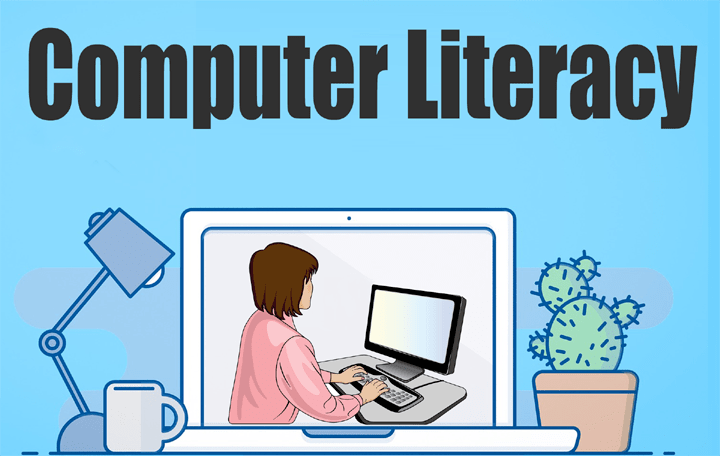
By Admin On 09-04-2025 at 4:07 pm
How Technology Shapes Literacy Development in the Digital Age
in the fast-evolving landscape of education, technology has become an indispensable tool for shaping literacy development, especially in regions like rural Africa. At Angaza Center, a nonprofit organization dedicated to empowering students in rural Africa through digital literacy education, we witness firsthand the transformative impact of technology on literacy skills. In this blog, we explore the dynamic relationship between technology and literacy, highlighting the role of nonprofit organizations in leveraging technology for educational purposes.
The Intersection of Technology and Literacy
Technology literacy, the ability to use, understand, and evaluate technology effectively, is increasingly recognized as a crucial skill in the 21st century. As we navigate the digital age, the traditional definition of literacy expands beyond reading and writing to encompass the proficient use of technology. In rural Africa, where access to educational resources may be limited, integrating technology into literacy programs is pivotal for fostering well-rounded skill sets among students.
Empowering Students through Technology in Schools
One of the key aspects of our mission at Angaza Center is to introduce and integrate technology into schools in rural Africa. By doing so, we aim to bridge the digital divide and provide students with opportunities for enhanced learning experiences. Nonprofit organizations play a pivotal role in ensuring that technology is not a luxury but a tool for empowerment, especially in regions where resources are scarce.
In our programs, we have observed the positive impact of technology used in schools on students’ literacy development. Digital tools engage students in interactive and multimedia learning experiences, making the process more enjoyable and effective. Educational apps, interactive e-books, and online resources cater to diverse learning styles, enabling students to grasp concepts more comprehensively.
Moreover, exposure to technology in schools equips students with practical skills that are increasingly relevant in the modern workforce. Proficiency in using digital tools opens up new avenues for communication, collaboration, and problem-solving, essential skills for success in the 21st-century globalized economy.

Author
Admin
CEO
